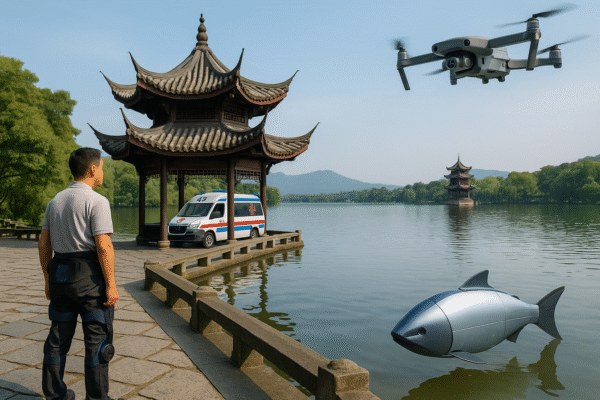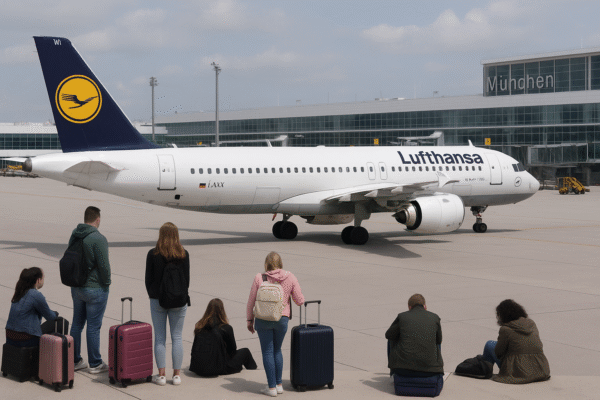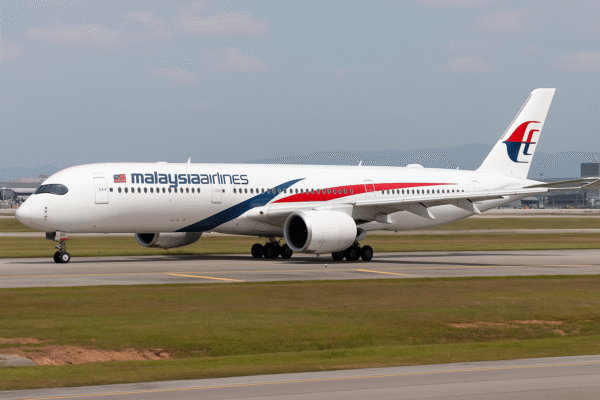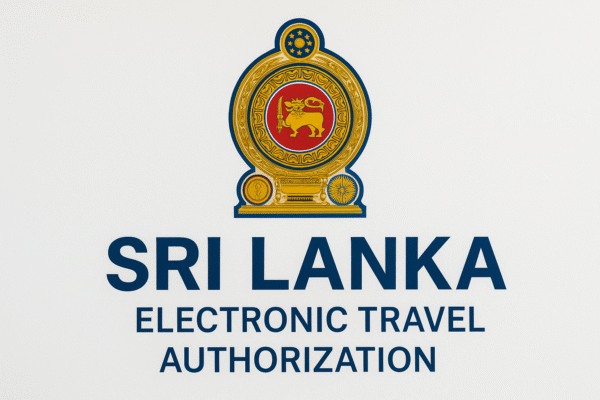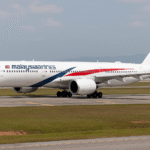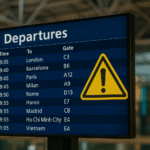Sri Lanka has officially announced the reinstatement of its Electronic Travel Authorisation (ETA) requirement for foreign tourists, effective October 15, 2025. This move comes after a period of suspension, following a Supreme Court decision earlier this year that questioned the legality of the previously introduced eVisa system. By reintroducing ETA, the island nation aims to simplify travel, ensure compliance with legal standards, and reinforce its reputation as a welcoming destination for global visitors.
Officials from the Department of Immigration and Emigration confirmed that the original online portal for ETA applications has been reactivated, allowing tourists to once again secure their entry permits digitally before travel. This decision is expected to strengthen Sri Lanka’s tourism sector, which has been a cornerstone of the country’s economy.
The Evolution of Sri Lanka’s Visa Policies
Sri Lanka’s journey with visa regulations has been marked by continuous adjustments designed to make travel more accessible. The ETA system was first introduced over a decade ago to simplify entry for short-term tourists. However, in 2024, the government attempted to transition to an eVisa system, which the Supreme Court later ruled was improperly implemented.
This ruling highlighted the importance of proper legal frameworks in national policies. In response, Sri Lanka swiftly restored the ETA framework, ensuring that all visitors are processed in accordance with established legal procedures. This reactivation also helps reduce reliance on on-arrival visas, which often caused delays at entry points such as Bandaranaike International Airport.
How Tourists Can Apply for an ETA
The reintroduced ETA system provides an entirely online process, designed to minimize paperwork and in-person visits to embassies or consulates. Travelers must submit an application through the official ETA portal, providing details such as:
- Full name and nationality
- Passport number and validity
- Intended travel dates
- Destination within Sri Lanka
Once completed, applications are usually approved within a few business days. Officials advise tourists to apply well in advance to avoid last-minute issues, especially during peak travel periods.
The ETA permits a stay of up to 30 days, with the option for extensions if needed. However, it applies strictly to tourism purposes. Those intending to work, study, or conduct business must apply for specific visa categories separately.
Processing Time and Associated Fees
The efficiency of the ETA system is one of its greatest benefits. Applications are typically processed in a matter of days, ensuring travelers can finalize their plans quickly.
Applicants will need to pay a processing fee, which must be completed through the secure payment gateway available on the official portal. Authorities strongly caution travelers to avoid third-party websites or agents that may charge additional fees or pose risks of fraud. By using only the official system, visitors can ensure both safety and legitimacy in their travel documentation.
Why the ETA is Crucial for Sri Lanka’s Tourism Growth
The tourism industry is a vital contributor to Sri Lanka’s GDP, and simplifying entry requirements is a strategic step to draw more international travelers. The return of the ETA system is expected to particularly benefit visitors from countries with strong travel connections, such as India, the United Kingdom, and Middle Eastern nations.
Sri Lanka’s attractions — from the cultural triangle of Anuradhapura and Polonnaruwa, to the lush tea plantations of Nuwara Eliya, to the golden beaches of the southern coast — continue to lure millions of visitors each year. A smooth visa process ensures that tourists can focus on planning their journeys rather than worrying about entry hurdles.
Moreover, the ETA allows authorities to better manage border security and streamline airport procedures, improving the overall visitor experience. This efficient system plays a significant role in reinforcing Sri Lanka as a hassle-free destination.
The Legal and Political Context
The reinstatement of the ETA system also underscores the role of the judiciary in maintaining proper governance. The Supreme Court’s intervention in halting the eVisa rollout emphasized that policy changes must adhere to due legal processes. In fact, the former head of the Department of Immigration and Emigration was sentenced for contempt of court after initially disregarding the ruling, highlighting the seriousness of compliance.
By acting swiftly to restore the ETA, the government not only complied with the court’s directive but also reassured international travelers that Sri Lanka upholds the rule of law in its administrative decisions.
What Tourists Should Keep in Mind
For travelers planning trips beyond October 2025, it is essential to secure an ETA before departure. While on-arrival facilities may still exist, officials strongly encourage advance online applications to avoid potential delays and extra charges at the airport.
Tourists should also prepare documents proving onward travel arrangements and sufficient funds to cover their stay. Being well-prepared will ensure a smoother immigration experience and allow visitors to enjoy Sri Lanka’s famed hospitality from the moment they arrive.
Looking Ahead: A Tourism-Ready Future
The reactivation of the ETA system is not just a bureaucratic change — it reflects Sri Lanka’s broader strategy to position itself as a global tourism hub. Post-pandemic recovery has already boosted arrivals, and streamlined entry procedures are expected to further accelerate growth.
With world-class cultural heritage sites, UNESCO-listed wildlife reserves, and a reputation for warm hospitality, Sri Lanka is set to capitalize on its natural and cultural treasures. The ETA ensures that visitors can experience all this with fewer obstacles, reinforcing the country’s image as both accessible and tourist-friendly.
As the October 2025 deadline approaches, Sri Lanka’s message is clear: the island is ready to welcome the world, with a renewed commitment to efficiency, legality, and the flourishing of its tourism industry.
For more travel news like this, keep reading Global Travel Wire



